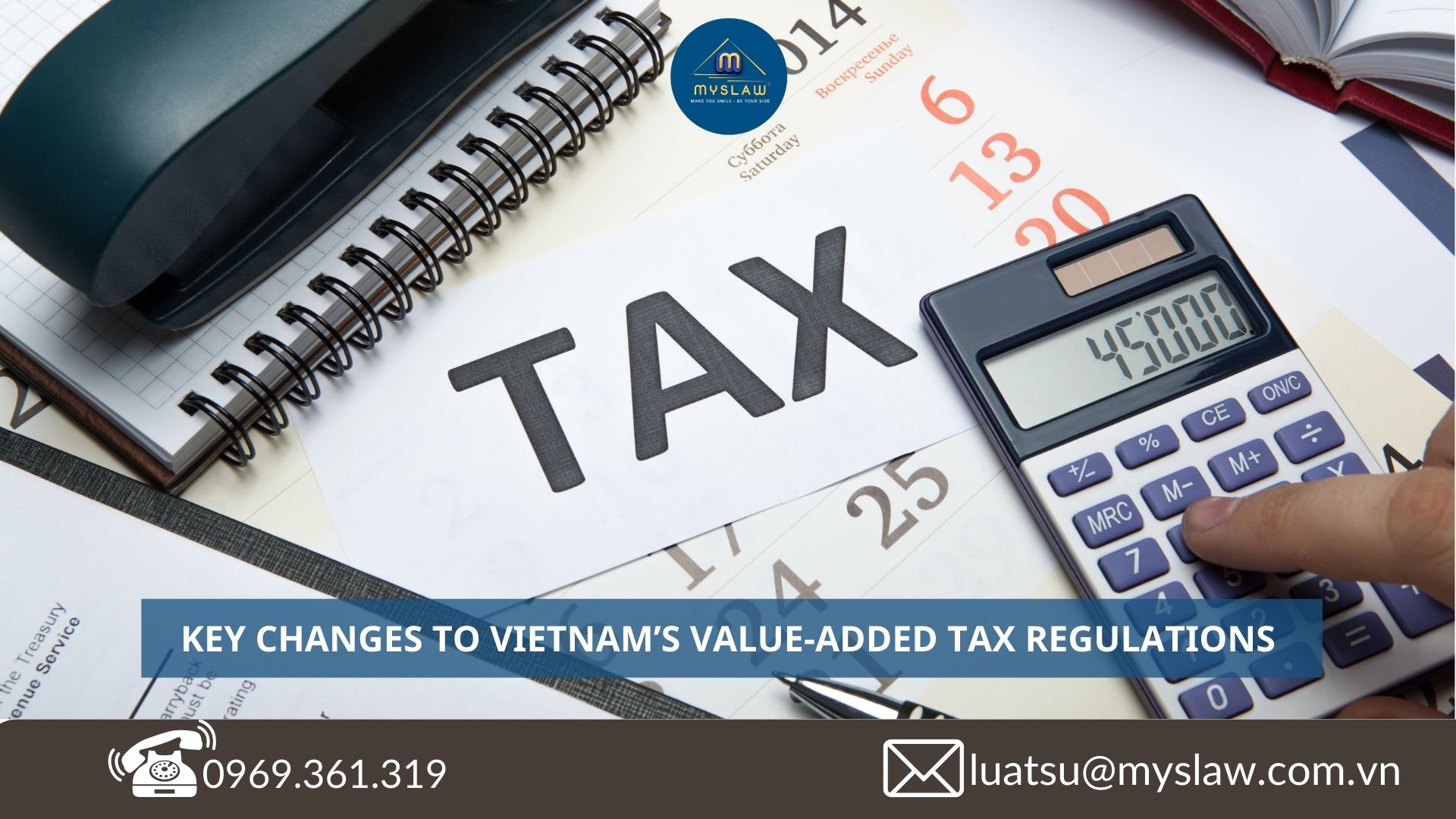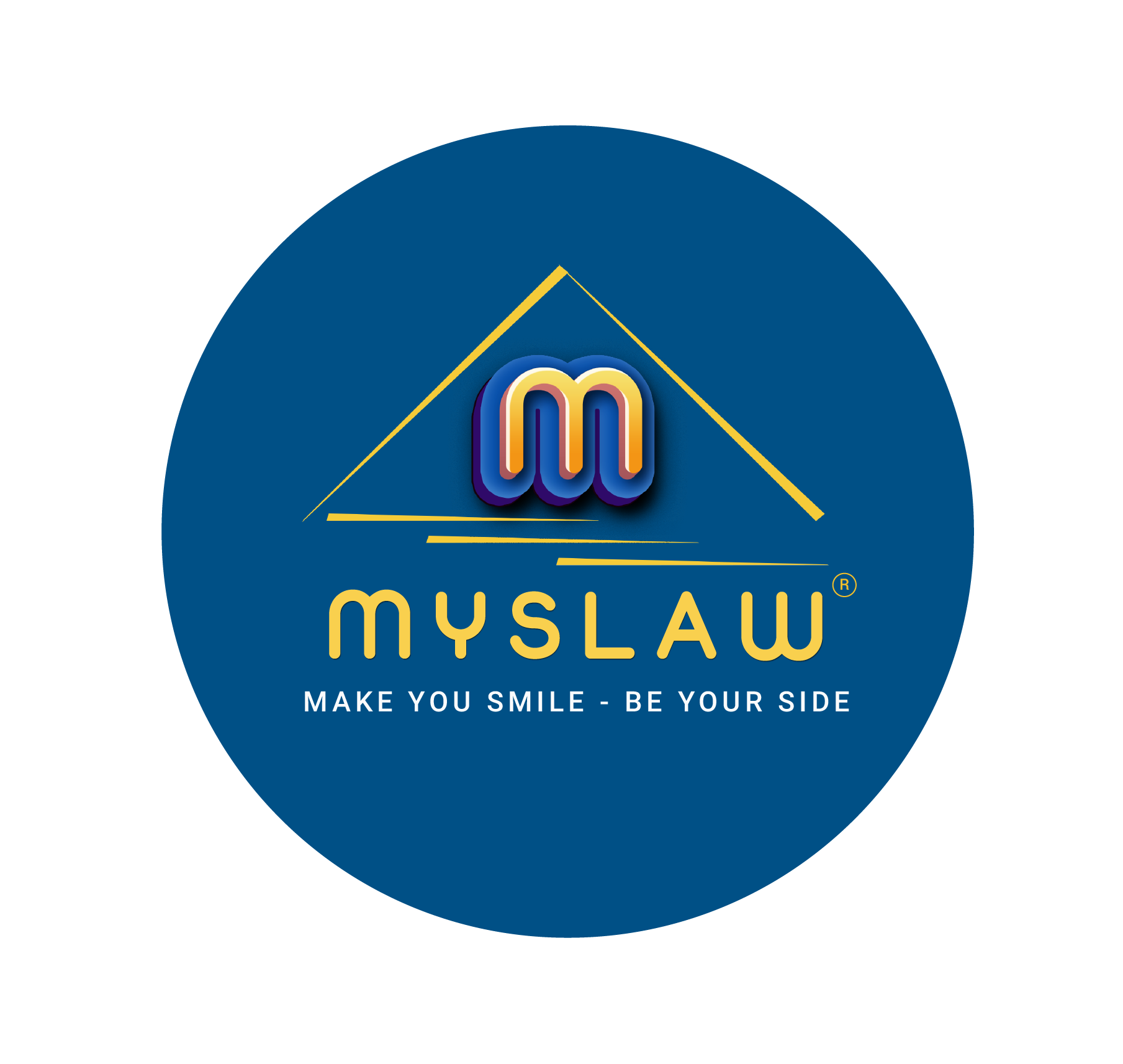Decree 181/2025/ND-CP, effective from July 1, 2025, introduces significant updates to the implementation of the Value-Added Tax (VAT) Law in Vietnam. This article outlines the key provisions of the decree, providing a comprehensive overview for businesses and stakeholders to ensure compliance with the new regulations.

Non-cash payment requirement for purchases from 5 million VND
A notable change in Decree 181/2025/ND-CP is the revised threshold for non-cash payment documentation for VAT deductions. Previously, under Article 12 of the 2008 VAT Law, purchases below 20 million VND per transaction did not require non-cash payment proof for VAT deduction. The new regulation, stipulated in Article 26, mandates that purchases of goods or services (including imported goods) valued at 5 million VND or more, inclusive of VAT, must be accompanied by non-cash payment documentation as defined in Decree 52/2024/ND-CP. Additionally, for purchases below 5 million VND per transaction but totaling 5 million VND or more within a single day from the same taxpayer, non-cash payment proof is required for VAT deduction eligibility. This adjustment aims to enhance transparency and traceability in financial transactions.
Expanded guidelines on non-taxable items
Decree 181/2025/ND-CP provides detailed guidance on items exempt from VAT, particularly in agricultural and resource-based sectors. Article 4 introduces additional primary processing methods qualifying for VAT exemption, including milling, grinding, polishing, peeling, deboning, chopping, pressing, and airtight canning. The decree also assigns the Ministry of Agriculture and Environment the responsibility of determining whether products are unprocessed or only undergo primary processing. This determination is based on the production process of crops, forestry products, livestock, and fisheries, whether self-produced or imported. Furthermore, the decree includes Appendices I and II, which list exported resources and minerals, distinguishing between those unprocessed and those processed into other products, both of which are exempt from VAT. These clarifications ensure consistent application of tax exemptions across industries.
Taxation guidelines for promotional goods and services
Article 6 of Decree 181/2025/ND-CP addresses the tax calculation for goods and services used in promotional activities. For sales accompanied by contest vouchers or similar reward programs, the taxable price excludes the value of goods or services awarded as prizes. Similarly, for sales linked to lucky draw programs where participation is tied to purchases, the taxable price does not include the value of awarded items, provided the program’s rules and prizes are pre-announced. Additionally, loyalty programs rewarding customers based on purchase volume or value, such as through membership cards or purchase vouchers, exclude the value of these rewards from the taxable price. These provisions aim to streamline tax calculations for businesses engaging in promotional activities while ensuring compliance with VAT regulations.
Taxation of commission-based agency and brokerage activities
A new provision in Article 9 outlines the tax calculation for commission-based activities, such as agency and brokerage services for goods and services. The taxable income is defined as the commission earned, exclusive of VAT, except in cases where the activities are exempt from VAT. Exemptions apply to revenues from agency sales at prices set by the principal for services like postal, telecommunications, lottery tickets, air tickets, train tickets, bus tickets, maritime transport, international transport, and insurance, as well as agency activities for goods and services not subject to VAT. This clarification ensures that businesses involved in commission-based transactions apply VAT correctly, aligning with the specific nature of their operations.
Clarification of VAT determination timing
Decree 181/2025/ND-CP provides detailed guidance on the timing for determining VAT liability across various sectors. For telecommunications services, Article 16 specifies three scenarios: (1) for services requiring data reconciliation between providers, the VAT determination occurs upon completion of reconciliation, no later than two months after the service charge arises; (2) for services provided on a fixed schedule, the VAT is determined upon data reconciliation, no later than the 7th day of the following month or within seven days of the agreed period’s end; (3) for prepaid card sales or network activation fees, the VAT is determined at the point of sale or fee collection. For electricity and clean water supply, Article 16 updates the timing to the completion of data reconciliation, no later than the 7th day of the following month or within seven days of the agreed period’s end, with specific provisions for electricity market transactions aligned with Ministry of Industry and Trade regulations. For real estate, infrastructure construction, and property sales or leasing, Article 16 specifies that VAT is determined at the point of ownership or usage transfer, regardless of payment receipt, or upon payment collection based on project progress or contract terms if ownership is not yet transferred. These updates replace less specific provisions in Decree 209/2013/ND-CP, providing greater clarity for businesses.
VAT deduction for goods and services transitioning to taxable status
Article 23, Clause 7, of Decree 181/2025/ND-CP addresses the VAT deduction for goods and services transitioning from non-taxable to taxable status under the VAT Law. Businesses can claim input VAT deductions for goods and services used in producing or trading taxable goods and services, effective from July 1, 2025. This provision ensures that businesses adapting to new tax classifications can accurately account for input VAT, facilitating a smooth transition to the updated tax regime.
Restrictions on VAT refunds for imported and re-exported goods
A significant new rule under Article 29 prohibits VAT refunds for goods imported and subsequently exported to another country. This applies to goods directly exported or entrusted for export by the importing business, excluding raw materials imported for manufacturing or processing export goods. Businesses with export goods or services and unclaimed input VAT of 300 million VND or more per month or quarter may still qualify for VAT refunds, but this new restriction limits refunds for specific import-export scenarios, aiming to curb potential tax evasion.
VAT refunds for businesses with 5% VAT rate products
Article 29 also introduces provisions for businesses exclusively producing goods or providing services subject to a 5% VAT rate. If such businesses have unclaimed input VAT of 300 million VND or more for 12 consecutive months or four consecutive quarters, they are eligible for VAT refunds. This provision supports businesses in sectors with lower VAT rates, ensuring they can recover input VAT efficiently.
The above information is provided by Mys Law. For any inquiries related to the content of the article, please contact 0969.361.319 or email: [email protected] for assistance.
Editor: Nguyễn Thị Trà My





